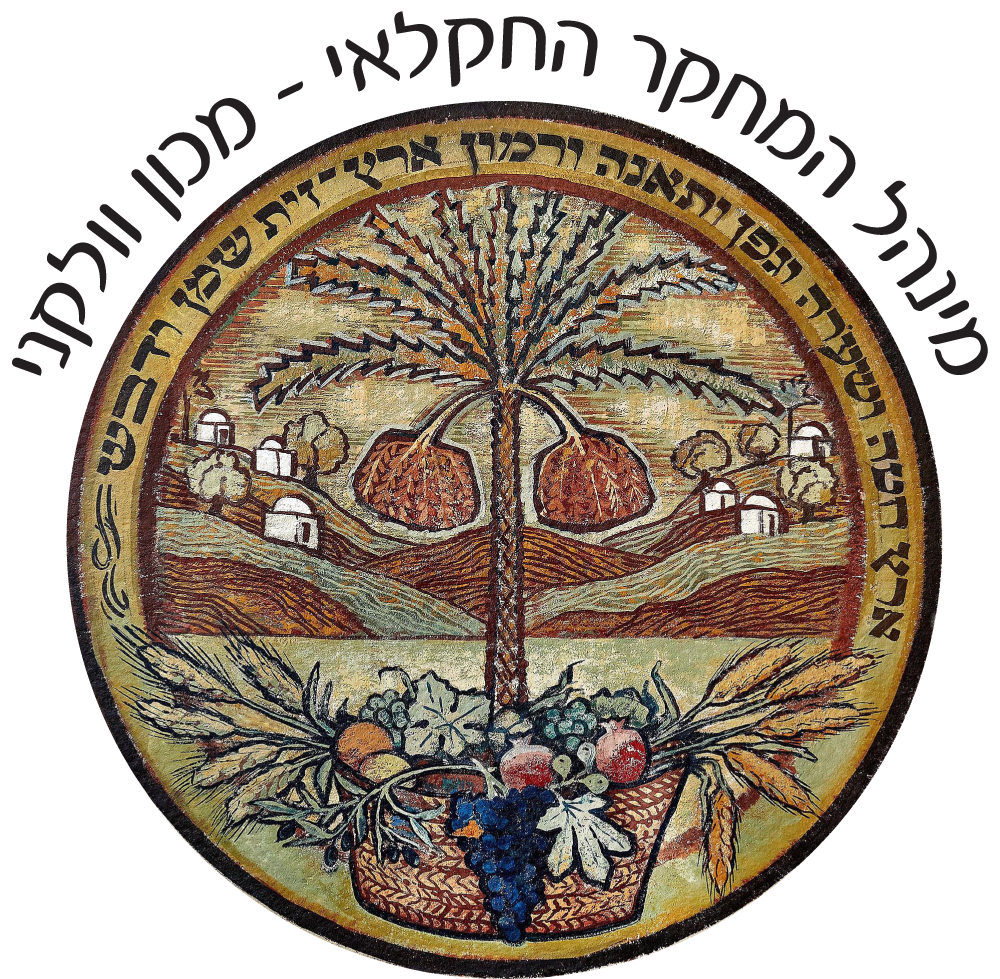Murad Ganaim Ph.D.
Senior Research Scientist
- Institute of Plant Protection
- Entomology and Units for Nematology and Chemistry
- Department of Entomology, lab # 64
- +972-506220347
- +972-39683911
Education
-
1992-1995
BSc in plant protection, Hebrew University of Jerusalem
-
1995-1997
MSc in Genetics, Hebrew University of Jerusalem
-
1997-2001
PhD in Genetics, Hebrew University of Jerusalem
-
2001-2004
Postdoc, Department of Genetics, Yale University School of Medicine, USA
Research Interests
Our research in the lab focuses on understanding transmission of plant pathogens, mainly viruses and bacteria, by insect vectors, mainly whiteflies and psyllids, that belong to the hemiptera. We are interested in persistent transmission of pathogens. Persistent transmission involves acquisition of the pathogens from the infected plant and spending a latent period in the insect body, before being transmitted. The transmission starts by acquisition with the insect stylet from an infected plant, moving along the foregut to the digestive system, crossing to the hemolymph and entering the salivary glands, before being transmitted to the next plant. During the latency in the insect body, proteins that belong to the pathogen and the insect play major roles in the transmission and our aim is to identify those proteins, which can be targeted to prevent the transmission. During transmission, pathogens can cause various effects on the insect vector at the physiological and molecular levels, and can induce behavioral effects on the insect. Such effects can influence the transmission. We investigate several factors that can influence the transmission including internal factors inside the insect such as bacterial endosymbionts, and external factors such as climatic and agronomical factors. We use an arsenal of methods from the biological to the molecular levels for understanding the transmission. We also work at the field level to identify new vector-borne pathogens for helping in combating the diseases they cause.
Other topics investigated in the lab include understanding resistance to pesticides among insect pests, resistance monitoring, developing markers for rapid identification of pests and the development of new green and chemical pesticides with the industry.
Research Areas
- Transmission of plant viruses and bacteria by insect vectors
- Resistance of insect pests to chemical pesticides
- Development of molecular markers for rapid identification of insect pests
- Development of green and chemical pesticides with the industry
Links
Publications/Articles
- Sarkar P, Jassar O, Ghanim M. (2023). The plant pathogenic bacterium Candidatus Liberibacter solanacearum induces calcium regulated autophagy in midgut cells of its insect vector Bactericera trigonica. Microbiol Spectr. 11(5):e0130123.
- Jassar O, Ghanim M. (2023). Association of endoplasmic reticulum associated degradation (ERAD) with the transmission of Liberibacter solanacearum by its psyllid vector. Insect Mol Biol. doi: 10.1111/imb.12842.
- Sarkar, P. Ghanim, M. (2022). Interaction of Liberibacter Solanacearum with Host Psyllid Vitellogenin and Its Association with Autophagy. Microbiol Spectr. 10(4):e0157722.
- Ghosh, S., Bello, V.H., Ghanim, M. (2021). Transmission parameters of pepper whitefly-borne vein yellows virus (PeWBVYV) by Bemisia tabaci and identification of an insect protein with a putative role in polerovirus transmission. Virology 560 (2021) 54–65.
- Bello, V.H., Ghosh, S., Krause-Sakate, R., Ghanim, M. 2020. Competitive Interactions Between Whitefly and Aphid Transmitted Poleroviruses within the Plant Host and the Insect Vectors. Phytopathology, https://doi.org/10.1094/PHYTO-08-20-0369-R.

